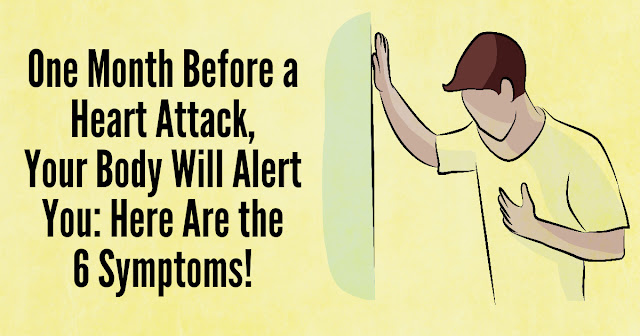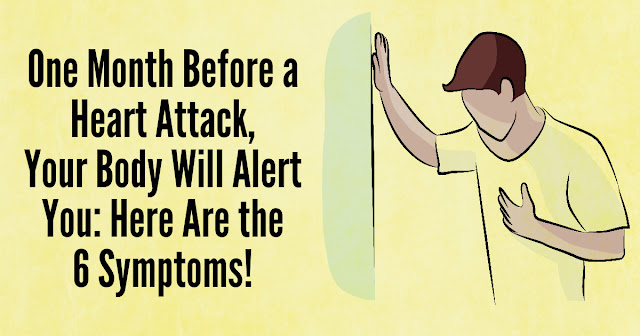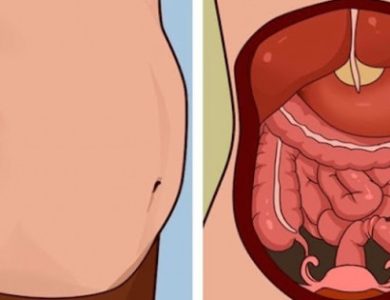Recognizing the Signs: A Month Before a Heart Attack

As we journey through life, keeping an eye on our health becomes increasingly important, especially when it comes to heart health. Did you know that your body often sends warning signals up to a month before a heart attack occurs? Recognizing these signs can be crucial in acquiring timely medical intervention and possibly preventing a life-threatening event. Let’s explore six common symptoms you should watch out for.
1. Unusual Fatigue
Feeling tired is a common aspect of life, but experiencing chronic and unusual fatigue could be a red flag for a heart attack. If you find yourself feeling overwhelmed by exhaustion despite having had sufficient rest, it might be time to consult your doctor. As our hearts work harder to pump blood, energy levels can deplete, causing unusually high fatigue.
2. Shortness of Breath
Suddenly struggling to catch your breath, especially when you’re not exerting yourself, can indicate a potential heart problem. This symptom, which is more than just mild breathlessness, might mean your heart is not able to pump blood effectively throughout your body, calling for immediate attention.

3. Chest Discomfort
A sensation of discomfort or mild pain in the chest area is a classic warning of heart problems. This might manifest as a burning or aching feeling and can vary in intensity. Don’t dismiss such sensations as they can precede more severe situations.
4. Cold Sweats
Experiencing sudden cold sweats without any apparent reason can be another indicator. Many people mistake these signs for stress or flu-like symptoms, but they can actually be your body signaling an impending heart condition.
5. Dizziness or Light-headedness
Feeling dizzy or light-headed out of the blue can indicate that there’s something wrong with your heart. When your heart isn’t pumping adequately, your brain may not receive enough blood, leading to these sensations.
6. Swelling in Feet and Ankles
Unexpected swelling in the extremities, especially the feet and ankles, can often signal heart issues. When the heart struggles to pump blood efficiently, fluid can build up in these areas. Noticing this during a routine check might save you from a more severe episode.
Remember, being proactive about your health can make a significant difference in preventing heart-related emergencies. Routine check-ups and paying heed to what your body tells you are vital steps in heart health management. If you or someone you know experiences any of these symptoms, it’s wise to seek medical advice promptly.Chia sẻ





